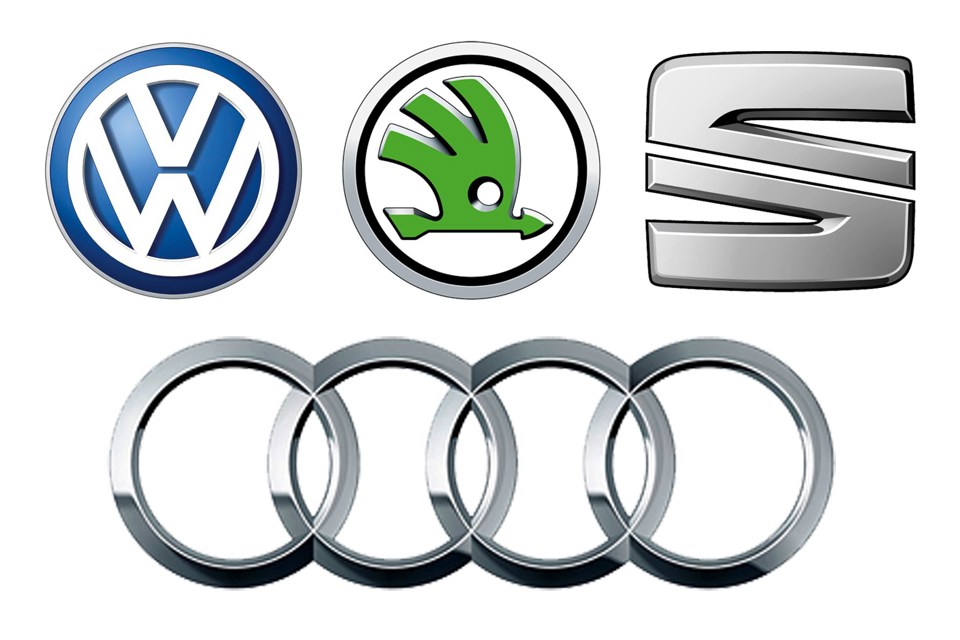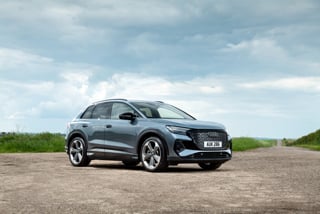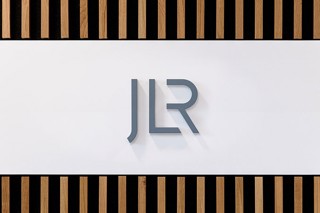Volkswagen's profits fell nearly a fifth in the first quarter of this year as it suffers from the impact of the emission scandal. Skoda and Seat results improved, however, with Audi largely on a par with the previous year.
The company announced pre-tax profits slipped to €3.2 billion (£2.4bn), down €3.97bn (£3bn) in Q1 last year.
But chief executive Matthias Mueller called this a “respectable” result. Operating profits edged 3.4% higher to €3.4b (£2.6bn) from €3.3bn (£2.5 billion) a year earlier, boosted by one-off effects.
He said: “In light of the wide range of challenges we are currently facing, we are satisfied overall with the start we have made to what will undoubtedly be a demanding fiscal year 2016.
“We once again managed to limit the economic effects of the diesel issue and achieve respectable results under difficult conditions.”
VW admitted installing 'defeat devices' to cheat diesel emissions tests in the US, leading to a global loss of confidence as the 2.0, 1.6 and 1.2 TDI engines were affected in 11 million vehicles spread across sister brands Audi, Seat and Skoda.
The company has set aside €16bn (£12bn) to resolve the problem, which will include fixes to cars as well as preparing to pay compensation to affected owners.
“Safeguarding the Volkswagen Group's robust financial strength for the long term remains a top priority in light of the expected effects of the diesel issue.
“The higher net liquidity gives us the financial stability and flexibility we need to be able to manage the challenges still to come and to grow profitably.
“Nevertheless, we will continue to give top priority to disciplined cost management and to focusing our investments consistently on forward-looking topics,” said group board of management member Frank Witter, responsible for finance and controlling.
At €1.3bn, Audi's operating profit before special items was almost on a level with the strong previous year (€1.4bn).
Exchange rate effects and continuing high upfront expenditures for new products and technologies and for the expansion of the international production network had a negative impact on earnings.
With sales revenue almost stable, the operating margin declined slightly to 9.0% (9.7% Q1 2015).
In the first three months of 2016, Skoda’s operating profit rose by just over 30% to €315m (€242m).
Sales revenue rose “significantly”, and the operating margin grew to 9.3% (7.6%).
Seat is on the path to “long-term profitability”, improving its operating profit to €54m (€33m) on the back of cost optimization measures.
This corresponds to 2.6% (1.5%) growth in its operating margin.
Bentley's first quarter operating result declined year-on-year to -€54m (€49m) million, due to the decline in vehicle unit sales.
Porsche operating profit was up further to €895m (€765m) and so rose at a much faster pace than sales revenue, which increased noticeably due to significantly higher unit sales. Its operating margin was 16.6% (15.1%).
Operating profit at Volkswagen Commercial Vehicles declined to €142m (€165m) on the back of lower volumes, with the operating margin decreasing to 5.2% (6.1%).
Scania posted a slight increase in operating profit to €244m (€237m) and a stable operating margin of 9.6%.
Comment
Shwetha Surender, program manager, mobility, Frost & Sullivan
"The emission scandal had taken a toll on the company; this was clearly evident in the hit Volkswagen took in 2015 results. Sales fell toward the end of the year; earnings were also impacted, though this was partly due to the €16 billion provision to deal with the fallout of the scandal.
But now that it’s been addressed; 2016 started on a positive note where Volkswagen emerged as the number one OEM. This can be attributed to Toyota, its biggest competitor being hit by the earthquake and GM sales falling.
On a regional level, Volkswagen lost market share in Europe, in particular in its home market Germany, where it lost 2.5%. However, the negative momentum is no longer accelerating, the sales order book is looking up and the market share is expected to stabilise.
In North America, the VW brand image took a huge hit. However, Audi and Porsche have done well. The lesson for VW is to follow their lead and focus on right sizing its portfolio with a more aggressive SUV strategy as well as improving profitability in the Mexico and Chatanooga plants.
On a global level, the company has significant exposure to emerging markets which will spur recovery. China for instance, accounts for 40% of VW Group unit sales. Its position in China is very important as it is the largest auto market, and VW is one of the market leaders with a share of around 15%. Though this has been volatile lately, it has managed to gain back the ground lost in late 2015.
At a global level, with sales up by 0.8% the outlook for 2016 is fairly positive.
In the longer term, the company will focus on rolling out its MQB platform, and launching and SUV as well as an electrification strategy.
It is also looking at a concrete digitization and connectivity strategy. It's formed a strategic partnership with Mobileye for autonomous technology and invested €300bn in Gett Taxi. It is very clear; by 2025 it wants a significant portion of revenue to be derived from services. It might take a few years, but the revamped strategy is likely to pay off and VW will regain its original footing."





















Login to comment
Comments
No comments have been made yet.